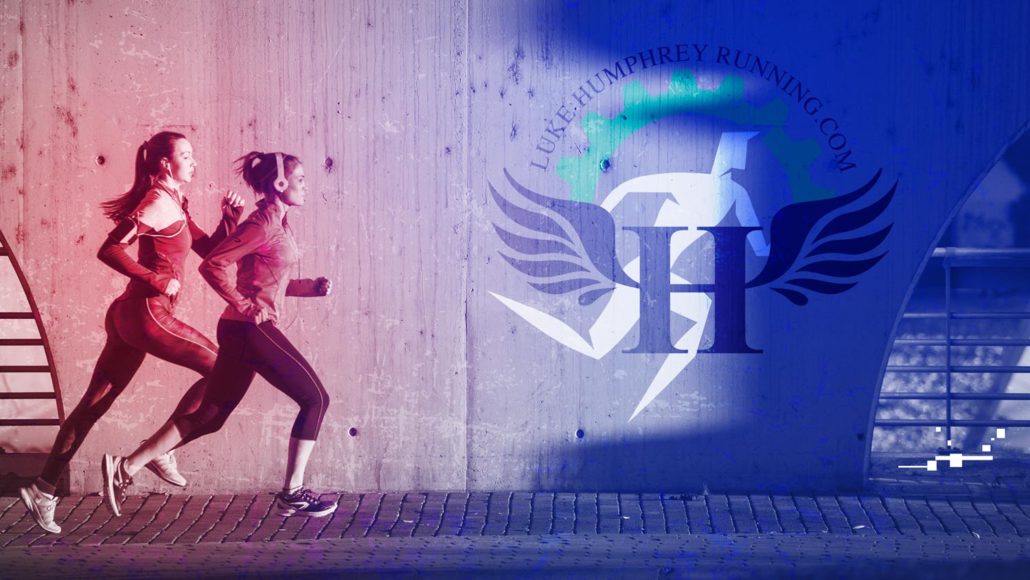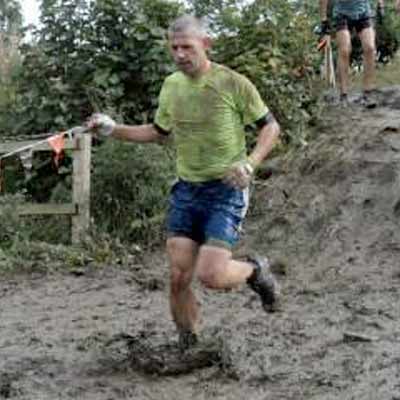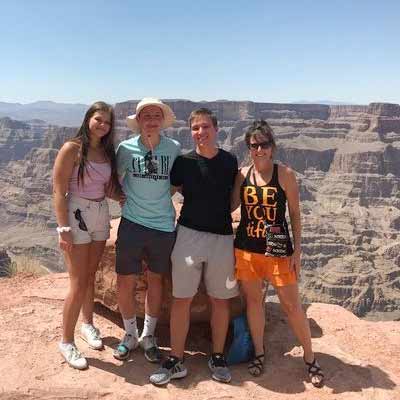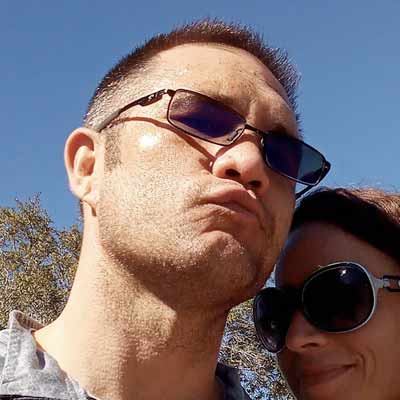Personal Coaching

Why Hire a Personal Coach?
Luke Humphrey Personal Coaching is ideal for the runner looking to take the next step in their running, but not sure if they need to be fully financially invested. The vast majority of the runners we work with are perfect candidates for this level. Whether you are looking to be a Boston Qualifier or simply see where you can take your running under the guidance of a coach, this is the perfect opportunity to test those waters.
Questions? We have answers!
PERSONAL COACHING
$200
per month
Work with a Luke Humphrey certified Coach
Workout and plan adjustments
Full access to the Run Club resources ($39.95/month value)
Customized training plan:
*Your individual needs/paces
*Sync structured workouts to GPS
*Sync data transmission between Strava/GPS and Final Surge
Weekly workout comments
Unlimited communication – text, email, phone
Strength Training Guidance
Nutritional Guidance
Free Premium Account to Final Surge
Why hire a coach
I realize that there have got to be about a million free schedules available online and in your local running store. So, why bother hiring a coach? Well, for one, what do you do when you need to ask for responsible advice?
What about if you get injured and need help coming back? What if you want to race and need help with strategy?
What if you want to qualify for Boston and don’t know where to begin? Having a coach can help you with nearly every aspect of your running. As a runner for over 15 years and a coach for the last 4 years, I have experienced more things than I care to remember! Even now, as a professional runner, I still have coaches.
I have had a coach every step of the way, since I was 13 years old. To be honest, I cannot imagine being any type of competitive runner without having some form of guidance. A coach can educate a runner, guide the runner, be a mentor, a friend, and even a kick in the pants when its needed.
The Coach’s Responsibilities
As a coach, I have certain responsibilities. My top three include:
Being honest with an athlete. Whether it’s telling them that success may not come as fast as the runner wants, or telling them that they (the coach) can no longer help that athlete, a coach has to be completely up front with their athlete.
Educate. Part of being a good coach is educating the athlete. As an athlete, you should be able to know why you are doing any workout proposed. If the coach cannot or will not, then that is poor coaching.
Be flexible. Athletes have different ways of doing things. Athletes have different strengths and weaknesses. The coach has the duty to the athlete to recognize what those are and work with them.
The athlete also has certain responsibilities. This is what makes the coach-athlete relationship a workable one. A person seeking a coach should:
- Be committed to running at a higher level.
- Seeking appropriate guidance from a reputable coach.
- Is committed to being the best runner they can.
- Keep an open line of communication with the coach, especially if there is a physical distance between where the athlete and coach lives.
- Unlimited emails: Most people I have worked with are not in the Detroit Metro area and prefer emails for general communication. I push for open lines of communication. The partnership is hard to be successful when communication doesn’t exist!
- Phone Consults: Sometimes, emails don’t express what we are trying to describe and the occasional phone call is needed.
- In-Person Consults: If you are in the Detroit metro area, it is possible to schedule in-person consults if it is desired.
- Goal Setting: An athlete’s training revolves around goals.Whether it’s just to finish a 5k or qualify for the Olympic Trials, goals remain important. I will help you set those goals, both short and long term.
- Training Log: Every athlete has access to an online training log and is a great tool to aid in the communication process.
- Training Packet: Each athlete receives a training packet with their schedule. Every time a section is updated, the athlete will receive the updates.
- Access to any running class or clinic that HCS provides. This falls under my education belief. I want my athletes to be educated to make themselves better runners.
- Supplemental Training Advice: Whether you are looking for form drills, a good stretching plan, core training plan, or a strength training regimen, I can help you. As an exercise physiologist, and certified exercise specialist (American College of Sports Medicine) I am in a position to help.
- Nutritional Advice: While I am not a dietician, as an exercise physiologist, I have plenty of knowledge regarding proper diet for runners on a general and performance level.
- Race Strategy: Having the right strategy is crucial for race success. As a professional runner, the right strategy meant the difference between success and failure during my career. I can use my experience and put it to work for you.
- Yearly Plan: Success is a long term process and requires planning. We can plan not only your racing for the upcoming season, but the next year. Some of my athletes are planning for the next two to four years!
Beginning the coaching process
- Sign up by selecting the option you want.
- You will be directed to choose the appropriate Coaching Package.
- After completing payment, you will then get sent a Welcome package and a very important link to complete a Training Profile- include as much info as possible! You will also get immediate credentials to the members only portion of the site.
- I will look over the Training Profile and contact you if I need anything else. From there, we will set up your Training Peaks account for the Coaching Log-In section and design your training.
- We will email your credentials and any final thoughts on our rationale for the training.
- You should look over and make sure everything is good and we will tweak if necessary.
- Start training!









Responses